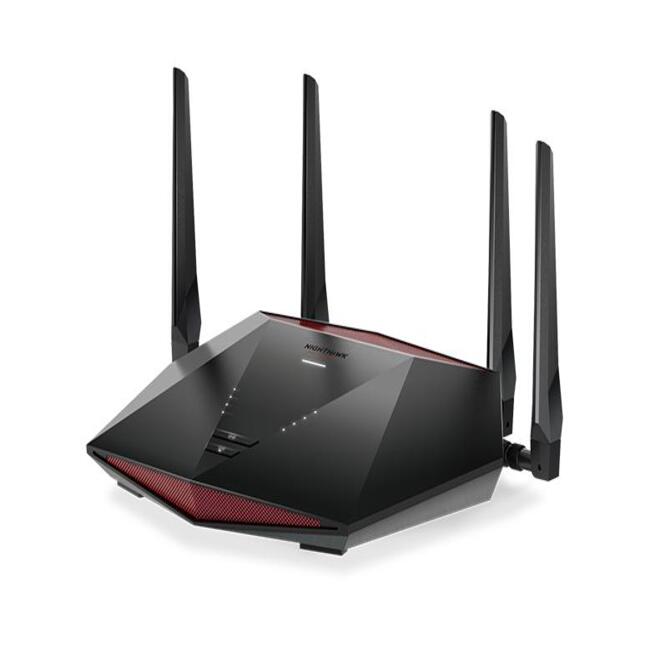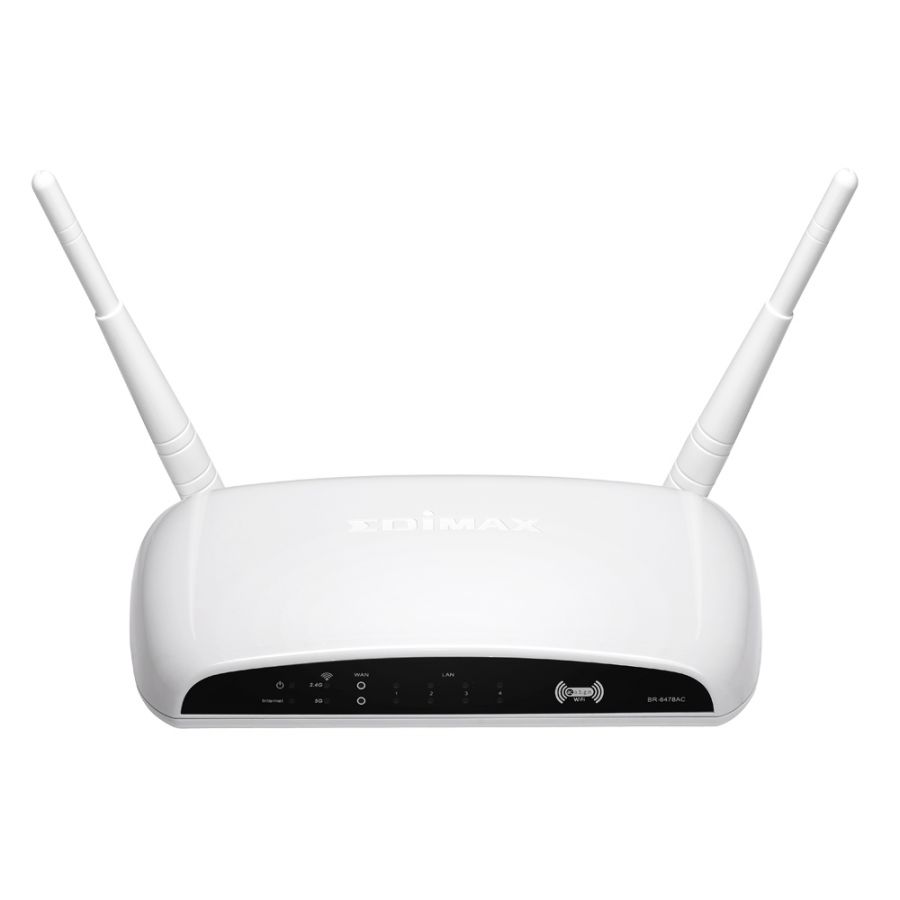In today’s interconnected world, fully understanding the role of a router is crucial. Routers serve as the backbone of network communication, guiding data between devices efficiently. This article delves into what is the function of a router, highlighting their critical importance in both home and professional settings. Their role might seem simple, but their underlying technology is anything but straightforward.
What is a Router?
A router is a specialized device that directs data traffic across networks. In simple terms, it acts as a traffic cop for information. It determines the best pathway for data to travel, ensuring swift delivery. Routers connect multiple devices, enabling them to communicate. As a result, they are indispensable in homes, offices, and data centers.
The Basics of Router Functionality
At its core, the router receives packets of data from devices. Each packet contains information such as the sender’s address and the intended recipient’s address. This way, routers can effectively direct the packets to their destination. Often, routers use protocols like TCP/IP to manage data traffic. Consequently, they help maintain a streamlined communication process.
Furthermore, routers provide essential security functionalities. They often include firewalls that protect internal networks from external threats. By filtering incoming and outgoing traffic, routers minimize risks. They can also utilize techniques such as Network Address Translation (NAT) to hide internal IP addresses. This adds an extra layer of security, crucial for protecting sensitive data.

Types of Routers
Not all routers are created equal; they vary significantly, each suited for specific needs. Understanding these differences can aid in selecting the right one. This section categorizes routers based on their design, functionality, and application.
Home Routers
Home routers are commonly used in residential settings. They usually come with built-in wireless capabilities, enabling Wi-Fi connectivity. These routers often support multiple devices simultaneously, allowing for seamless internet access throughout the home. Many users enjoy features like parental controls and guest networks, making home routers versatile.
Moreover, home routers often come with user-friendly interfaces. This simplicity allows individuals to manage settings without technical expertise. Home users can easily configure Wi-Fi passwords or manage connected devices. Such ease of use is essential for non-tech-savvy individuals.
However, home routers can be limited in performance. Their capabilities may not support high-bandwidth activities such as gaming or streaming. Thus, users with increased demands might benefit from upgrading to more advanced routing solutions. Nonetheless, home routers remain an affordable option for most households.
Enterprise Routers
Enterprise routers cater to businesses and larger networks. They offer enhanced performance, scalability, and advanced features. Such routers often prioritize reliability and speed, essential for operational efficiency. Businesses can handle heavy data loads without interruptions or delays.
Additionally, enterprise routers frequently include advanced security features. They allow for more comprehensive firewall configurations and VPN support. Consequently, this capability enhances data protection across corporate networks. Businesses need these provisions to safeguard sensitive information from cyber threats.
Moreover, enterprise routers support multiple WAN connections. This feature ensures redundancy and increased bandwidth, vital for large organizations. In cases of connection failure, businesses could seamlessly maintain operations. Such reliability is non-negotiable in today’s fast-paced work environments.

The Importance of Router Configuration
Proper configuration of a router is vital for optimal functionality. A well-configured router enhances performance and security. This section emphasizes why proper setup is critical for any network.
Speed and Efficiency
Speed and efficiency are paramount in a well-configured router. Properly setting up Quality of Service (QoS) features can prioritize bandwidth. As a result, critical applications receive the necessary resources. This can significantly improve user experience during peak usage times.
Moreover, adjusting channel settings can minimize interference. In densely populated areas, overlapping channels can cause disruptions. By manually selecting less congested channels, users can optimize performance. Therefore, a little proactive management can yield considerable benefits.
These speed enhancements are essential for both residential and business users. In homes, families can enjoy uninterrupted streaming and gaming. For businesses, optimizing speed directly impacts productivity and employee satisfaction. Consequently, investing time in configuration pays off in the long run.
Security Considerations
Security is a paramount concern for any network. Properly configuring a router can mitigate numerous risks. Setting strong, complex passwords is the first line of defense against intruders. Weak passwords make it easier for unauthorized users to gain access.
Additionally, enabling encryption protocols adds a crucial layer of protection. Utilizing WPA3 encryption, for example, ensures that data transmitted over the network remains secure. This measure significantly reduces the chances of eavesdropping or data theft.
Regularly updating router firmware is another important aspect of security. Manufacturers periodically release updates to patch vulnerabilities. By applying these updates, users can protect their networks from emerging threats. Therefore, diligent maintenance enhances overall network security.

The Role of Routers in Network Architecture
Routers play a significant role in shaping network architecture. Understanding this role helps elucidate how data flows across various systems. This section examines the importance of routers within different layers of network architecture.
Layered Approach
Network architecture often follows a layered approach. Different layers perform specific functions, simplifying management. Routers operate primarily at the network layer, directing data packets between devices. Their effectiveness is crucial for seamless communication across various network components.
Additionally, routers can interact with other devices like switches and access points. This interaction enhances overall network performance. For instance, switches can handle data distribution locally, while routers handle broader communications. Together, these components create an efficient network architecture.
Moreover, the integration of routers within this layered approach allows for scalability. As networks grow, routers can accommodate additional devices and connections. This flexibility is essential for organizations experiencing rapid growth. Consequently, routers become integral to ensuring network adaptability.
Routers and Load Balancing
Load balancing is another critical function of routers within network architecture. This technique distributes network traffic evenly across multiple servers. By doing so, it prevents any single server from becoming overloaded. This balance is especially crucial for websites and applications that handle large volumes of traffic.
Furthermore, effective load balancing enhances performance. Users experience faster response times and reduced latency. For businesses, this translates into improved customer satisfaction and increased efficiency. Consequently, routers equipped with load balancing capabilities offer a vital advantage.
Additionally, load balancing can enhance reliability. In case of a server failure, traffic can be rerouted to operational servers. This redundancy significantly minimizes downtime, a crucial factor for businesses. Therefore, implementing load balancing within router functions is advantageous for any organization.
The Future of Routers
As technology continues to evolve, so too does the functionality of routers. The future promises not only enhanced capabilities but also increased integration with emerging technologies. This section explores how routers are likely to evolve to meet modern demands.
Integration with IoT
The Internet of Things (IoT) is rapidly gaining traction. As more devices connect to the internet, the need for advanced routers becomes evident. IoT devices require consistent and reliable internet connections. Thus, new routers equipped with specialized features will emerge.
Future routers will likely include built-in support for IoT standards. This integration can simplify the connection of various smart devices. Smart homes, for example, will benefit from routers that understand and manage multiple protocols. As a result, user experiences will be simplified and enhanced.
Moreover, security considerations will be paramount with IoT integration. Routers will need to implement measures to secure numerous connected devices. This evolving landscape ensures that the role of routers will become even more critical in safeguarding information.
Advancements in Wi-Fi Technology
Advancements in Wi-Fi technology are also shaping the future of routers. Wi-Fi 6 is already making waves with faster speeds and enhanced performance. Future iterations, such as Wi-Fi 7, promise even more remarkable capabilities. These advancements will dramatically change how routers function.
With the advent of faster Wi-Fi technologies, routers can support more devices efficiently. This is essential as the number of connected devices continues to rise. Enhanced band steering capabilities will allow routers to manage devices intelligently. Users can expect improved connectivity and reduced buffering for streaming services.
Additionally, advancements in mesh networking will enhance coverage in larger areas. Mesh routers can eliminate dead zones by distributing signals evenly. This technology is especially useful for sprawling homes or offices. As a result, users can look forward to more reliable connections in all corners of their spaces.
Conclusion
In summary, routers serve an essential role in connecting devices and managing data traffic. Their functionality extends beyond mere data forwarding; they enhance security, adapt to changes, and contribute to network efficiency. With ongoing technological advancements, routers will continue to evolve and meet growing demands.
The importance of understanding how routers work cannot be overstated. By utilizing appropriate security measures and optimizing routing protocols, users can ensure reliable connectivity. As we move deeper into the digital age, routers will undoubtedly remain a cornerstone of modern networking. By embracing these changes, individuals and organizations can harness the full potential of their networks. Ultimately, routers are indeed indispensable for today’s connected world.

Leave a Reply